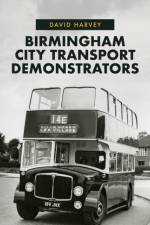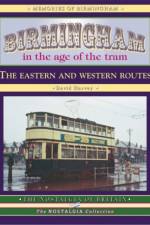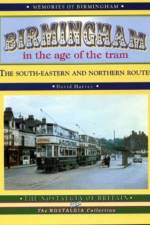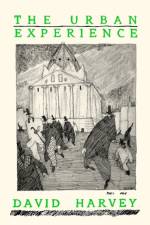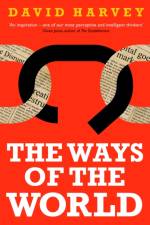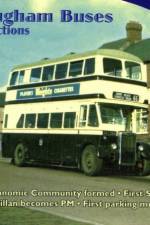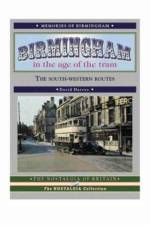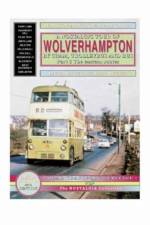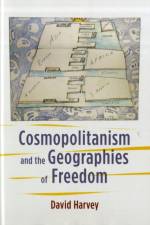- Towards a Critical Geography
av David Harvey
2 117
David Harvey is the most influential geographer of our era, possessing a reputation that extends across the social sciences and humanities. "Spaces of Capital, a collection of seminal articles and new essays spanning three decades, demonstrates why his work has had-and continues to have-such a major impact. The book gathers together some of Harvey's best work on two of his central concerns: the relationship between geographical thought and political power as well as the capitalist production of space. In addition, he chips away at geography's pretenses of "scientific" neutrality and grounds spatial theory in social justice. Harvey also reflects on the work and careers of little-noticed or misrepresented figures in geography's intellectual history-Kant, Von Thunen, Humboldt, Lattimore, Hegel, Heidegger, Darwin, Malthus, Foucault and many others. Via this exploration of geography's intellectual lineage, he underscores its significance for all varieties of social thought. And, in two new chapters, Harvey considers contemporary cartographic identities and social movements.Harvey's insights into current social, environmental, and political trends, in combination with his historical observations, demonstrate the centrality of geography to comprehending the world as it is-and as it might be.




